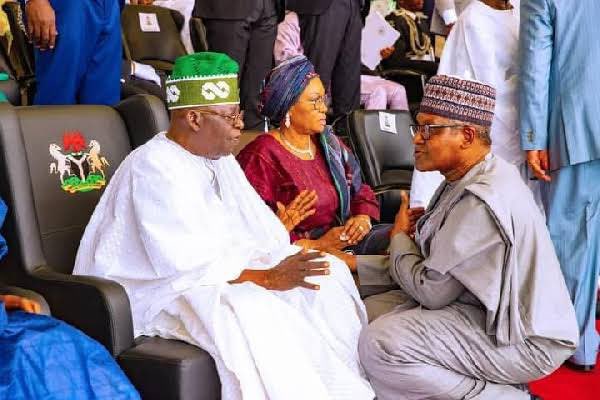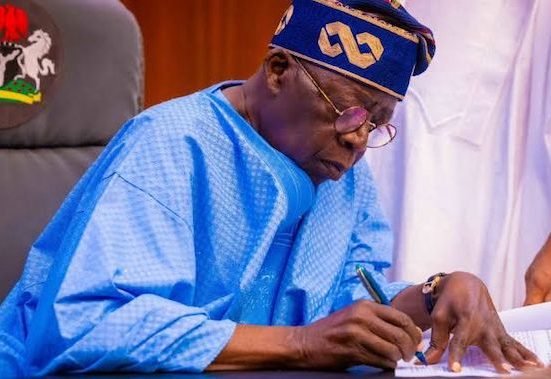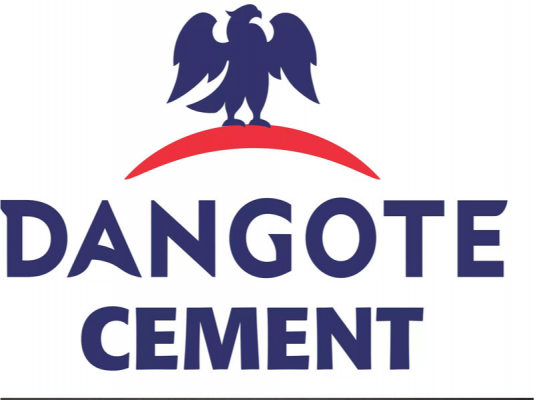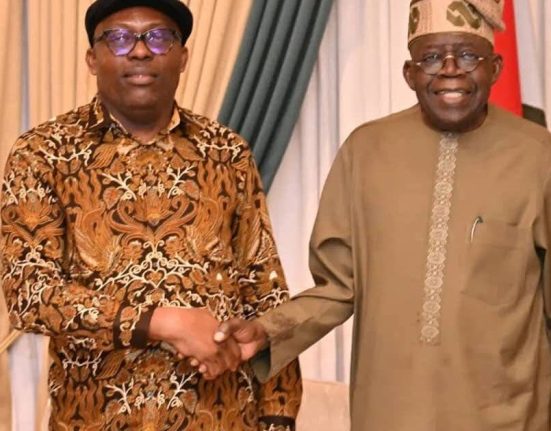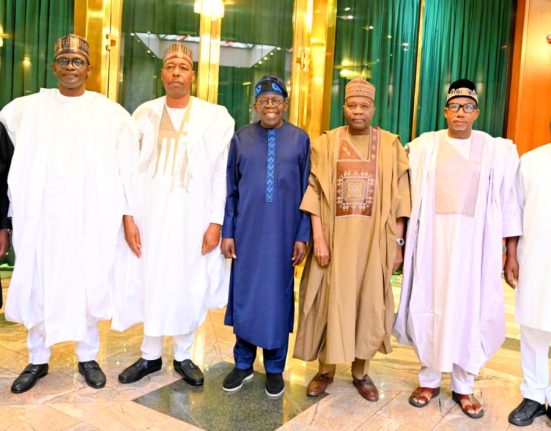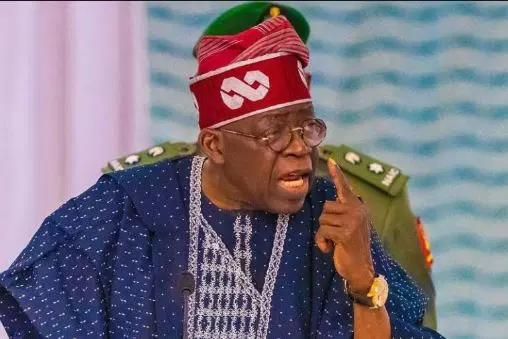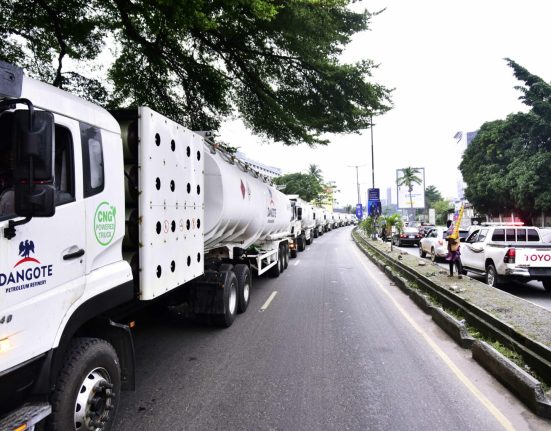Alhaji Aliko Dangote, President of Dangote Group, has called on President Bola Tinubu to extend the federal government’s ‘Nigeria First’ policy to cover refined petroleum products, specifically petrol, diesel and aviation fuel. Launched in May 2025, the directive already prohibits government agencies from importing goods or services available locally unless cleared by the Bureau of Public Procurement. Dangote argued refined fuels must now be included to boost domestic refining and protect national interests.
Speaking at the Global Commodity Insights Conference on West African Refined Fuel Markets, co‑hosted by Nigeria’s downstream regulator and S&P Global, Dangote warned that continuing to import refined fuel undermines local production, deters foreign and local investment, and destabilises the economy. He claimed a surge of cheap, often substandard petroleum products, especially those dumped into African markets from discounted Russian crude, is undercutting Nigerian refiners who operate on full global pricing. Some of these imports sell for as low as 60 cents per litre, even cheaper than Saudi fuel.
To reinforce his point, Dangote revealed that within just 50 days from early June to July 2025, Nigeria exported approximately 1 million tonnes of Premium Motor Spirit (PMS), equaling about 1.35 billion litres. That milestone confirms Nigeria’s transition into a net exporter of refined fuel thanks to the output of the Dangote Refinery
The conference also highlighted Nigeria’s shift toward region‑specific fuel pricing, in partnership with S&P Global, aimed at improving transparency in petrol, diesel, aviation fuel and LPG markets across West Africa. This initiative coincides with Nigeria’s ambition, supported by the 650,000 barrels‑per‑day Dangote refinery near Lagos, to become a regional hub for refined fuel trade.
However, Dangote’s proposal has met stiff resistance. The Independent Petroleum Marketers Association of Nigeria (IPMAN) cautioned that banning imports might trigger a monopoly and drive up inflation. IPMAN’s Chinedu Ukadike insisted that continued importation ensures competition, keeps prices stable, and checks power concentration by any single entity.
Legal experts also weighed in. University of Lagos energy law professor Dayo Ayoade argued that a blanket ban could breach international trade rules and pose legal risks, especially since Nigeria still depends on multiple sources to meet fuel demand.
Dangote further urged regulators to enforce accountability by revoking licences from companies that have failed to develop local refining capacity. He emphasised that Nigeria needs more refineries, not just imports relying on middlemen.
With Nigeria’s biggest private refinery nearing full capacity and now exporting fuel to Asia, Dangote’s push to extend the ‘Nigeria First’ policy underscores his message: if the nation wishes to support homegrown industry and secure economic sovereignty, refined petroleum products must be part of the local-first agenda.

